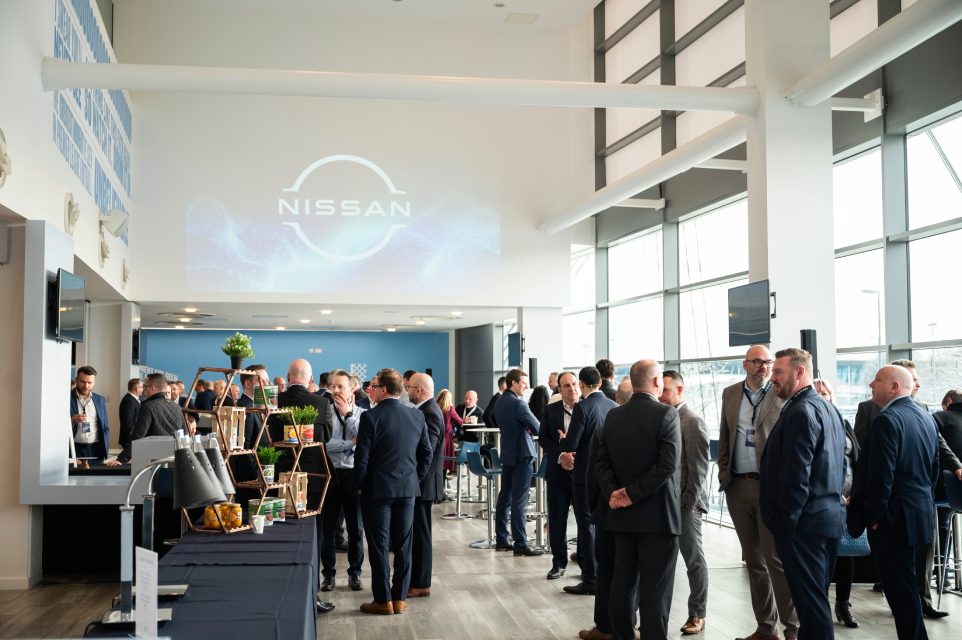In order to build a good working relationship with your executive, regular, face-to-face communication is key. Adam Fidler offers an educational session on the importance of making time to talk
Despite living in a technological age, where communication is instantaneous, bosses and PAs need to speak to each other – not just via email. Face-to-face communication with the boss is advantageous for a number of reasons. It can help to raise the PA’s profile, allow them to understand their boss’s priorities and, above all, enable them to help their bosses realise they are more than just an extension to an email and are, in fact, their most valuable asset. Having a regular update meeting with the boss is also paramount for fostering a healthy working relationship. Here are my strategies for effective communication with your executive.
• Have a daily, five-minute face-to-face update meeting with your boss, ideally before the working day starts. If your boss is always in meetings from 9am, you should schedule your time together at 8.50am. It’s PA/boss time – nothing more, nothing less, and it’s up to you, the PA, to insist the boss allocates this time to spend with you.
This regular dialogue (and I stress the word regular here) is the most important routine you should stick to; successful relationships work only if you put the time in, and the boss/PA partnership is no exception. The beauty of a daily update is that it means you have time to agree the day’s priorities and check the diary is in order before you both go off in your separate directions.
• In addition to the daily update, you should also schedule a longer meeting of 30 minutes or more, perhaps every one or two weeks, when you can sit down together and go over work that requires more input from the boss. You can use this meeting for a ‘briefcase blitz’ or ‘in-tray inferno’ where you help the boss clear his in-tray and emails, or go over a pile of paperwork. You can also use this extended time to share experiences, act as the boss’s confidante, and get to know each other better.
• Make a folder called ‘Ask the boss’; any query or item of work you need to speak to him or her about that isn’t urgent or ‘life-threatening’ can go in here. For example, an invitation to a dinner next week that came by post, (does the boss want to go?) or a clash in the diary in two weeks’ time (his client lunch in London is at the same time as the Nottingham board meeting – is he aware of it?) Take in this folder with you when you have your time with the boss.
• Try to avoid the temptation to email your manager when a face-to-face conversation would work better. If you email him or her you have to wait for a reply, which causes a delay, and very often you have to follow this up because it doesn’t provide the clarity you were after. Save your queries and put them as a list in your ‘Ask the boss’ folder.
• Finally, get out of your chair and go into your exec’s office to see them. Your profile and visibility means being seen and heard, so make the effort to get up, knock on the door and enter their office with confidence. Take in an agenda with you that lists the items you need to discuss with them, so that nothing gets overlooked or forgotten.
In summary, communication between the boss and their PA should be regular, face-to-face (or at least verbal), scheduled and focused. If you use your time with the boss wisely, you will gain more respect in their eyes and find you are able to carry out your role even more efficiently and productively.
Adam Fidler is Executive Assistant to the Chief Executive of Salford City College and a qualified PA trainer









